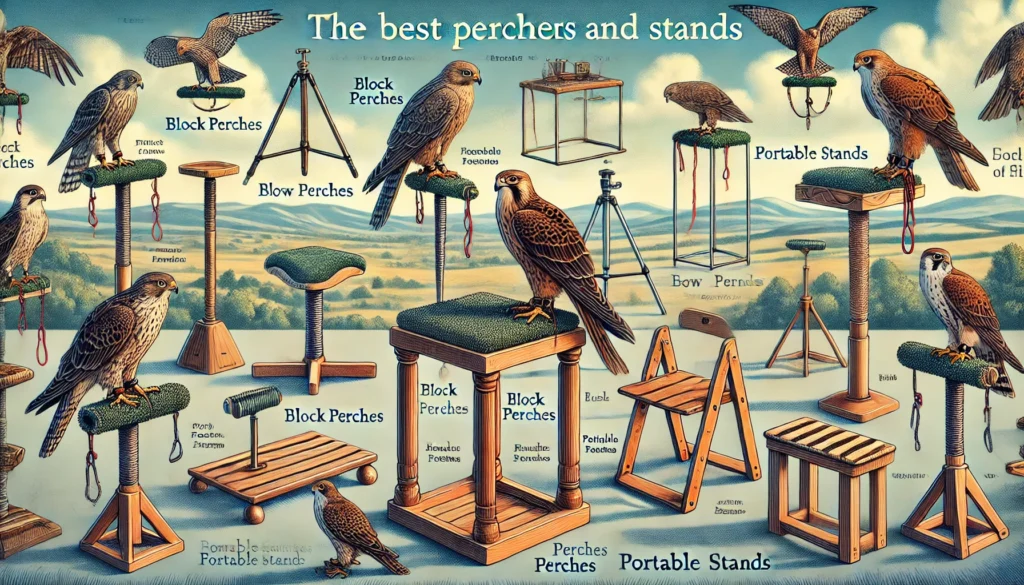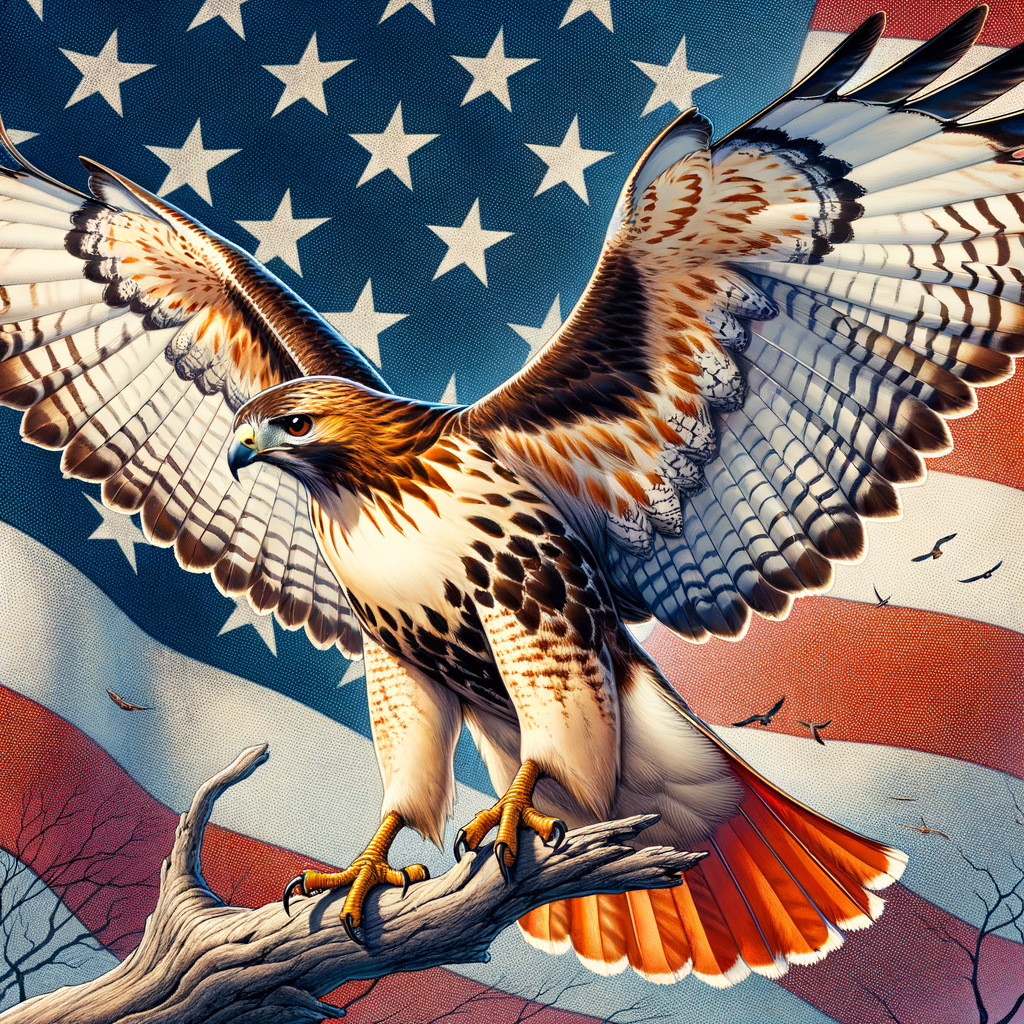Here are the key takeaway points:
- Species selection is crucial, with options like Red-tailed Hawks, American Kestrels, and Harris Hawks for beginners
- Legal requirements include apprenticeship, passing exams, and facility inspections
- Practical considerations involve time commitment, hunting style preferences, and community engagement
- Personal passion and lifestyle compatibility are essential for successful falconry
- Costs can vary, with initial setup ranging from $1,000 to $2,000, plus ongoing expenses for food, care, and licensing
Choosing Your First Falcon: A Thrilling Journey Begins!
Hey there, future falconer! Are you ready to embark on an exciting adventure into the world of falconry? Picking your first falcon is like choosing a new best friend – it’s a big deal, and we’re here to help you make the right choice.
Trust me, this isn’t a decision you want to wing (pun intended)! Your choice of falcon will shape your entire falconry experience, from training sessions to thrilling hunts. That’s why it’s crucial to keep reading this article – we’ve got all the insider tips and tricks to guide you through this important decision.
In the following sections, we’ll dive into:
- The most beginner-friendly falcon species
- Key factors to consider when choosing your bird
- How your lifestyle might influence your choice
- Common mistakes newbies make (and how to avoid them)
Whether you’re dreaming of a speedy peregrine or a versatile Harris’s hawk, we’ve got you covered. So, grab a cup of coffee, get comfy, and let’s soar into the fascinating world of falcons together!
Choosing Your First Falcon
Selecting your first falcon is a crucial step in your falconry journey. Here’s what you need to know:
Best Falcon Species for Beginners
For novice falconers, certain species are more suitable:
- American Kestrels: Small, manageable, and great for learning basic techniques
- Red-tailed Hawks: Not falcons, but often recommended for beginners due to their forgiving nature
- Harris’s Hawks: Known for their social behavior and ease of training
Learn more about falcon species
Factors to Consider When Selecting a Falcon
- Experience Level: Match the bird to your skill level
- Time Commitment: Some species require more attention than others
- Hunting Style: Consider the type of prey you’ll be hunting
- Local Regulations: Ensure the species is legal in your area
- Size and Strength: Choose a bird you can physically handle
Cost of a Falcon for Falconry
The price of a falcon can vary widely:
- Captive-bred falcons: $1,000 – $5,000+
- Rehomed or rescued birds: Sometimes available at lower costs
- Additional costs: Equipment, housing, food, and veterinary care
Remember, the initial purchase is just the beginning of your investment in falconry.
Legal Considerations
Before acquiring a falcon, ensure you:
- Obtain proper licensing and permits
- Understand state and federal falconry laws
- Complete required apprenticeship programs
Learn about legal aspects of falconry
Training Your First Falcon
Once you’ve chosen your bird, focus on:
- Building trust and rapport
- Teaching basic commands
- Gradually introducing hunting skills
Get started with falconry training
Remember, choosing your first falcon is just the beginning of an exciting and rewarding journey in falconry. Take your time, do your research, and seek guidance from experienced falconers to make the best choice for your situation.
Final Thoughts
Choosing your first falcon is a pivotal moment in your falconry journey. Remember, there’s no one-size-fits-all answer. Your choice should align with your experience, commitment level, and local regulations.
Consider starting with a Harris’s Hawk or an American Kestrel for their forgiving nature and manageable size. As you gain confidence, you might progress to more challenging species like the Red-tailed Hawk or Peregrine Falcon.
Above all, prioritize the bird’s wellbeing. Falconry is a partnership, not ownership. With the right preparation, guidance from experienced mentors, and a deep respect for these magnificent birds, you’ll embark on an incredibly rewarding adventure.
Take your time, do your research, and choose wisely. Your first falcon isn’t just a bird – it’s the beginning of a lifelong passion.



